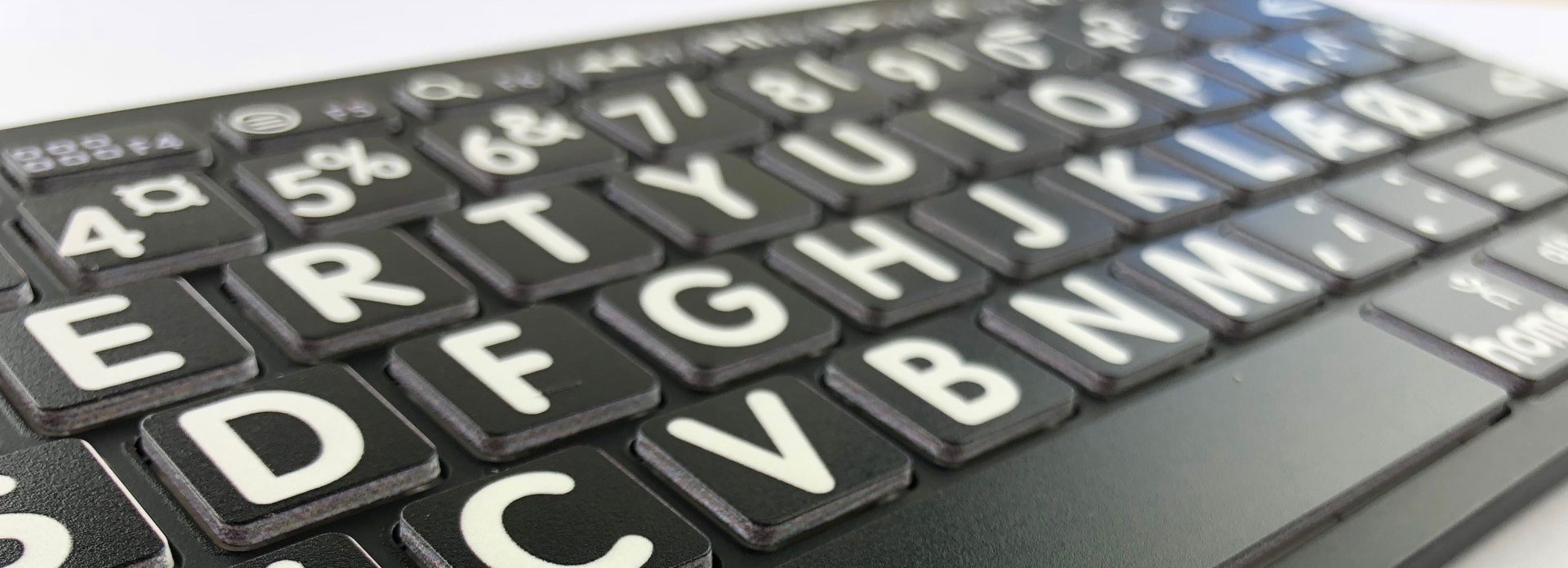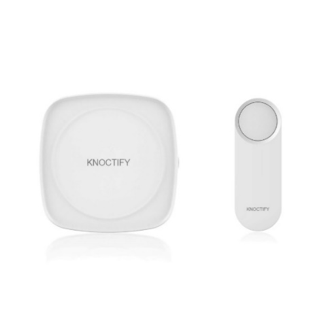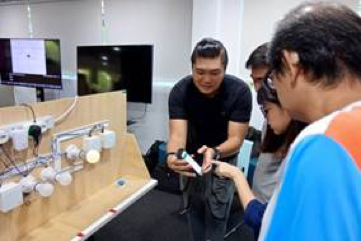
Smart Home Assistive Technology
The advent of smart home technology creates an opportunity for persons with disabilities to benefit from development in mainstream technology. With mobile devices, persons with disabilities can operate appliances and switches, and receive notifications on situations around the home.
Smart home devices are technologies that can support persons with disabilities and caregivers with daily activities at home. By allowing interaction with home appliances through voice commands or mobile apps, smart home devices give persons with disabilities and caregivers ease of use over everyday appliances to improve accessibility at home.
To find out more about how persons with disabilities and caregivers can benefit from smart home technologies, download our smart home guide – Smart Home Technologies for Independent Living!
Alarm signallers with light, sound and vibrations

Such alarms inform users of possible dangers using a combination of sounds, flashing/ strobe lights and vibrations. Light and vibration alarms ensure that persons with hearing impairment will be alerted during emergency events.
Home automation system

The systems set up processes to simplify tasks around the home e.g. smart blinds that a wheelchair user can lower or raise from a smartphone. In addition, smart home devices can provide feedback and notifications easily through the mobile app, e.g. for a person with visual impairment to know whether the lights are switched off before leaving home. For the family of a person with disabilities, the automation system also enables them to remotely check on the well-being of their loved ones at home.~
Thank you for your feedback! For further feedback, visit our rating form.